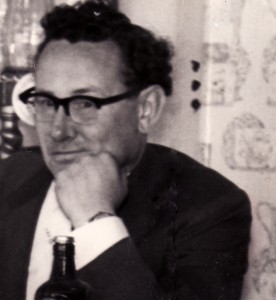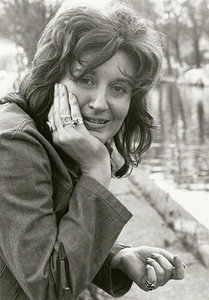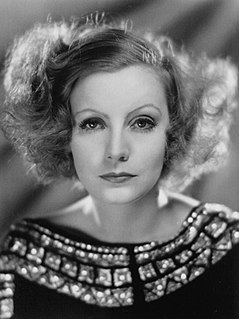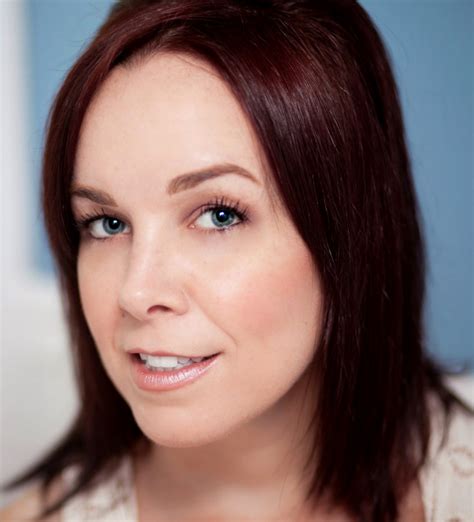A Quote by Andre Dubus
I have always known that writing fiction had little effect on the world; that if it did, young men would not have gone to war after The Iliad.
Related Quotes
I was after a set of pictures, so that when people looked at them they would say, ‘This is war’-that the people who were in the war would believe that I had truthfully captured what they had gone through I worked in the framework that war is horrible. I want to carry on what I have tried to do in these pictures. War is a concentrated unit in the world and these things are clearly and cleanly seen. Things like race prejudice, poverty, hatred and bigotry are sprawling things in civilian life, and not so easy to define as war.
Bill Phillips was this nervous, chain-smoking student. He had signed up to be an engineer, he had gone away to fight in the Second World War, he had come back. He had switched to sociology because he wanted to understand how people could do these terrible things to each other. And he did a little bit of economics on the side.
I was remembering the things we had done together, the times we had had. It would have been pleasant to preserve that comradeship in the days that came after. Pleasant, but alas, impossible. That which had brought us together had gone, and now our paths diverged, according to our natures and needs. We would meet again, from time to time, but always a little more as strangers; until perhaps at last, as old men with only memories left, we could sit together and try to share them.
I did not know much history when I became a bombardier in the U.S. Air Force in World War II. Only after the War did I see that we, like the Nazis, had committed atrocities... Hiroshima, Nagasaki, Dresden, my own bombing missions. And when I studied history after the War, I learned from reading on my own, not from my university classes, about the history of U.S. expansion and imperialism.
War today is such a more visible thing. We see it on television, on CNN. In 1914, war was a concept. There was a naivety and stupidity that war would be a great lark. It's not that different from Gone With The Wind, where all the young men can't wait to go off to fight and then two hours later in the movie, we see how the reality of that has come home to them.
writing had to take the form of journalism. Not for me the Shangri-la of fiction. The rewards, if any, would have been too little and too late, the bailiffs were at the door. ... Two large bailiffs, they were, who visited frequently and smiled like grand pianos, the only really reliable men in my life. They told me what they were going to do and if they did it, woe was me.
It's very important to understand that World War II is at the base of this new policy. From the 1890s on, the U.S. was always imperialistic. We went after the Philippines, and we did the same in Cuba, in Hawaii. We controlled South America. Woodrow Wilson was not what he was supposed to be. He was very much a white man first. "The world must be made safe for democracy." It really accelerates after World War II.
The whole world is burdened with young fogies. Old men with ossified minds are easily dealt with. But men who look young, act young, and everlastingly harp on the fact they are young, but who nevertheless think and act with a degree of caution which would be excessive in their grandfathers, are the curses of the world.






































